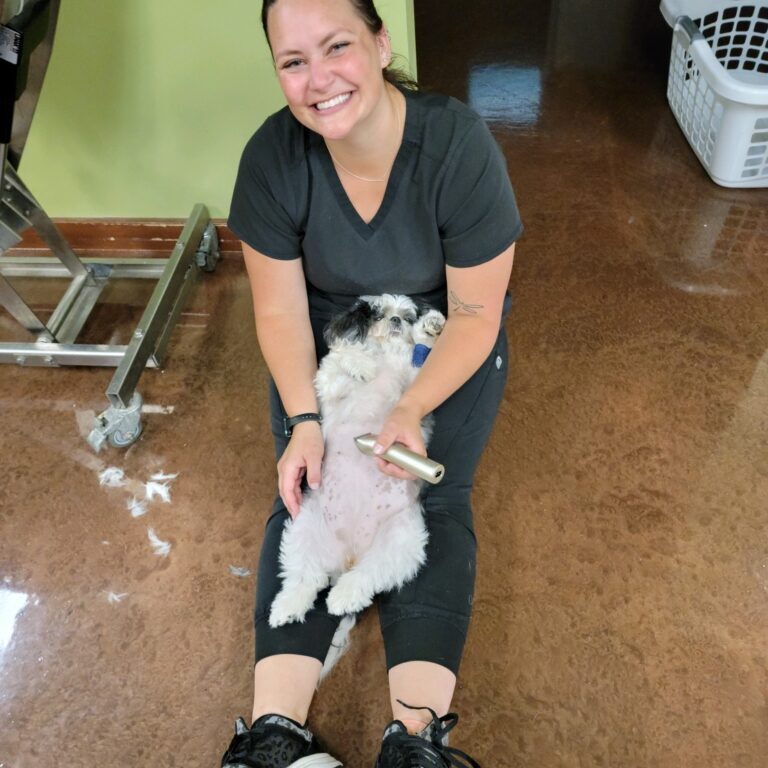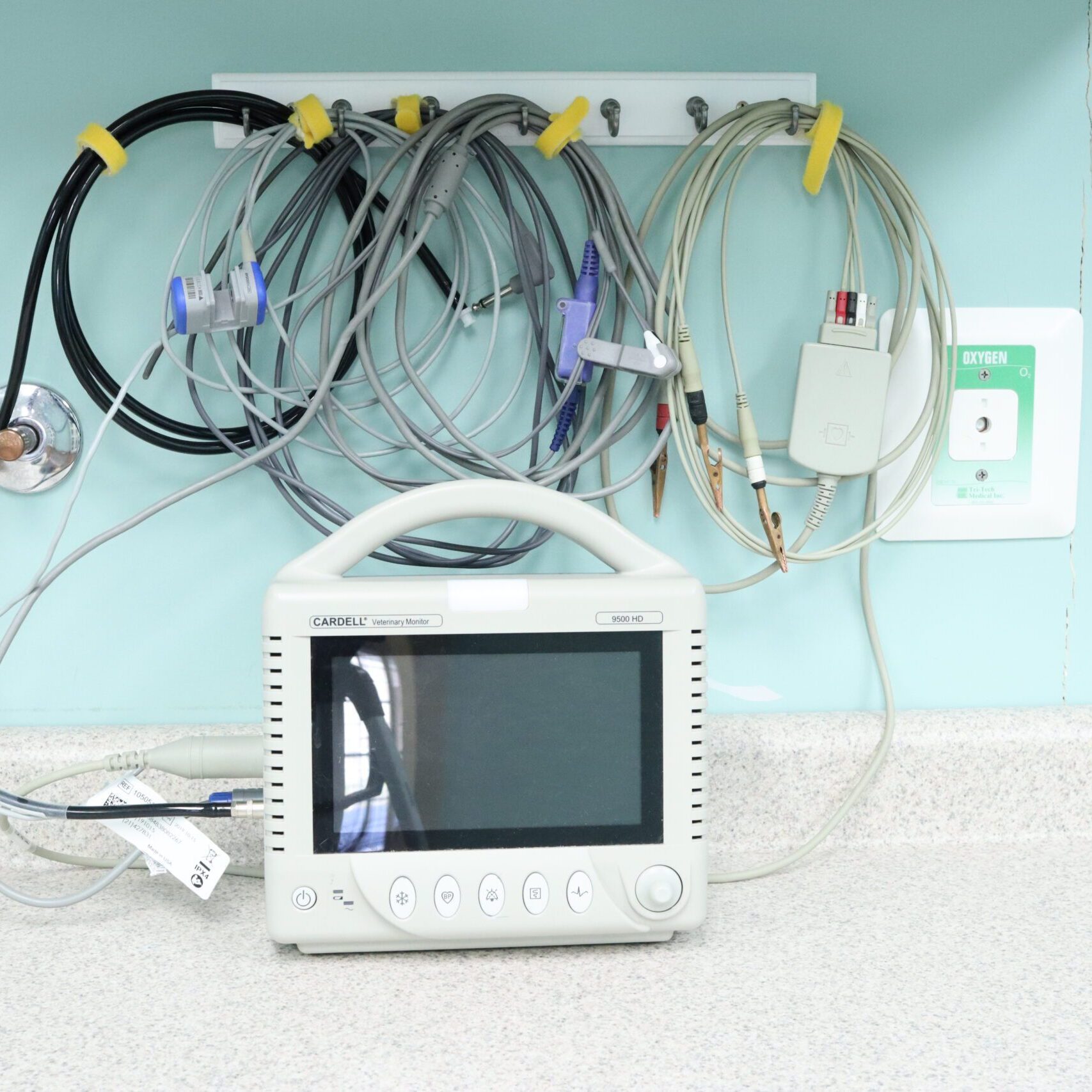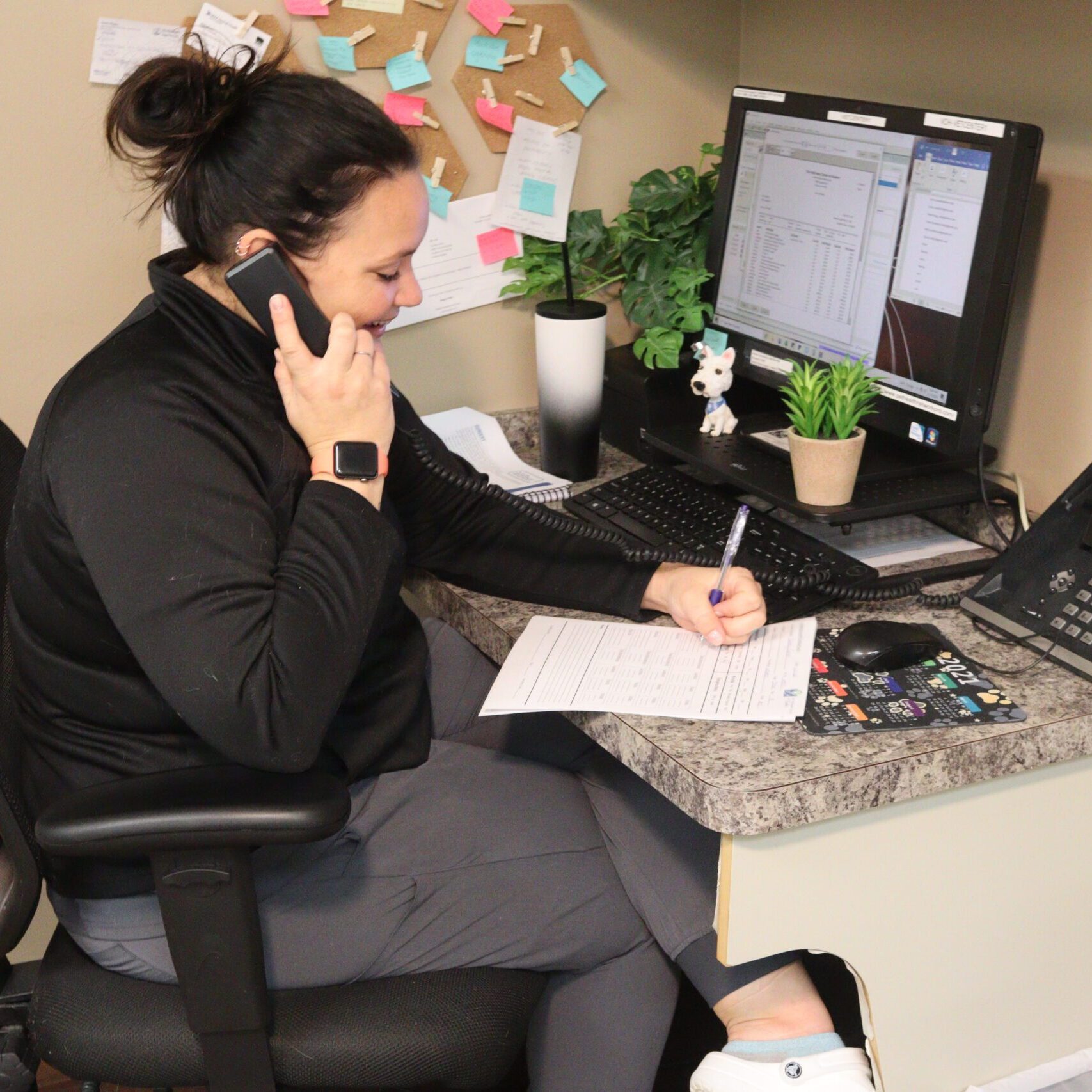The Veterinary Center of Hudson not only offers common surgeries such as spaying and neutering but also surgical procedures considered to be more complicated. Some examples are abdominal mass removals, dental cleanings with radiographs, and other orthopedic procedures. Our operating suite is well-equipped and equivalent to most human hospitals allowing us to handle most surgical situations. While surgery is a part of our everyday life at VCH, We understand how stressful it can be knowing that your fur baby is having a surgical procedure of any kind. That’s why we work hard to provide you with updates, via text message or by phone, throughout the day while your pet is with us.

PRE-OP SCREENING & LAB WORK
While general anesthesia will always come with associated risks, we believe that we can help reduce those risks significantly by performing pre-anesthetic bloodwork or using bloodwork that has been performed within the last three months. If your pet has any chronic health concerns rechecking that bloodwork may be necessary before anesthesia. We perform the bloodwork before anesthesia to check for abnormalities specifically looking at liver, kidney, white blood cell, and platelet counts. All of which can pose an increased risk to their procedure and recovery. We do everything in our power to make sure your pet’s procedure runs smoothly and successfully so they can go home with you that night.

ANASTHESIA MONTIORING
While your pet is under general anesthesia, we routinely monitor:
- The oxygen content of your pet’s blood (spo2)
- The amount of carbon dioxide your pet exhales (ETCO2)
- Blood Pressure (BP)
- Heart rate and rhythm by electrocardiogram (EKG)
- Temperature
- Respiratory Rate
- Capillary Refill Time – CRT
- Mucus Membrane Color – MM
These are the identical monitoring techniques used during surgery for humans.

POST-OP CARE
A successful surgery doesn’t end with the operation itself. After care plays an integral role in kickstarting the recovery and rehabilitation process for your pet. After your pet’s surgery has been completed you will receive detailed instructions from an RVT or Doctor. They will go over how the procedure went, as well as anything you need to watch out for or continue to monitor at home. They will also provide instructions for any medications that will be sent home with you that day.